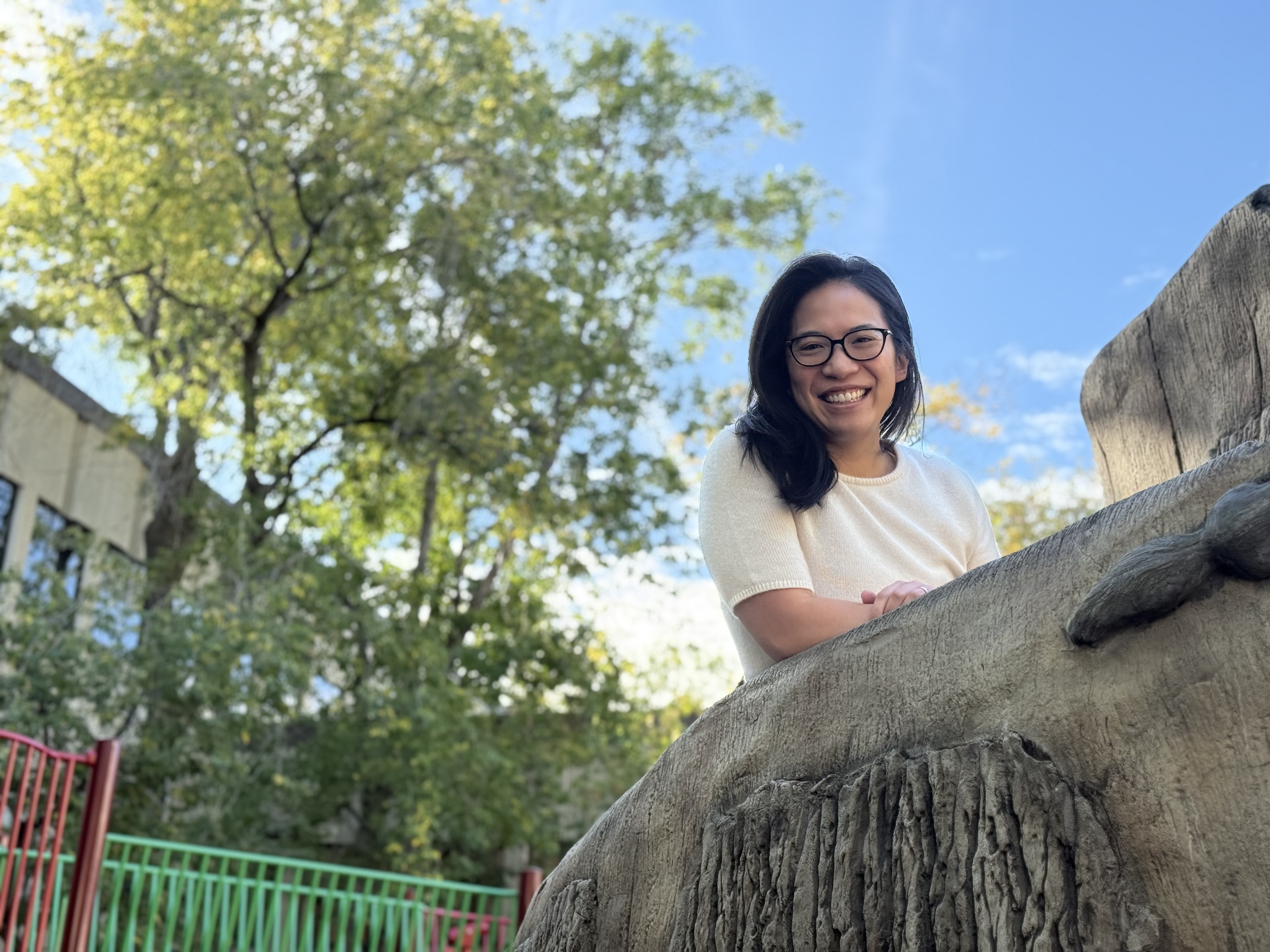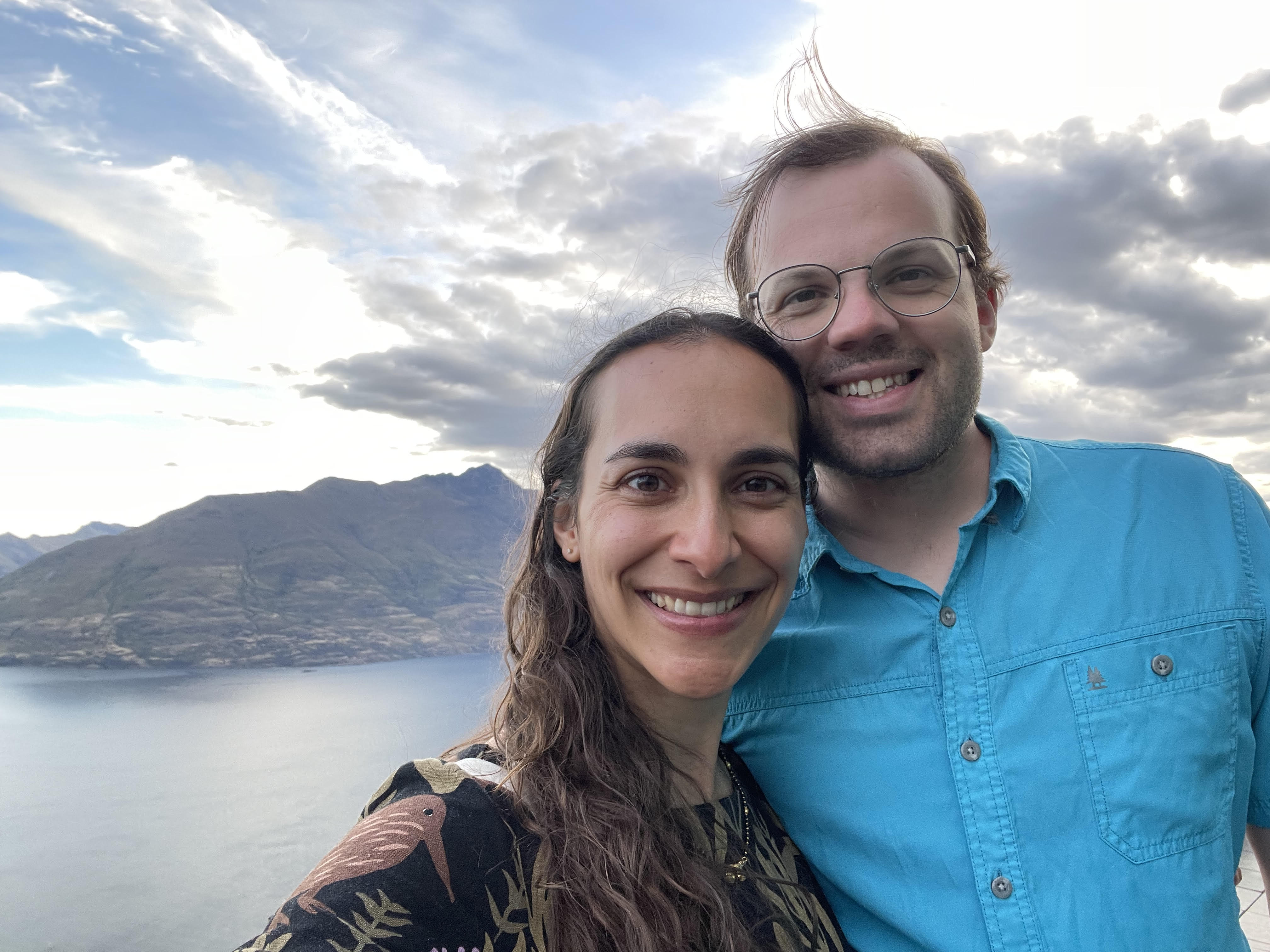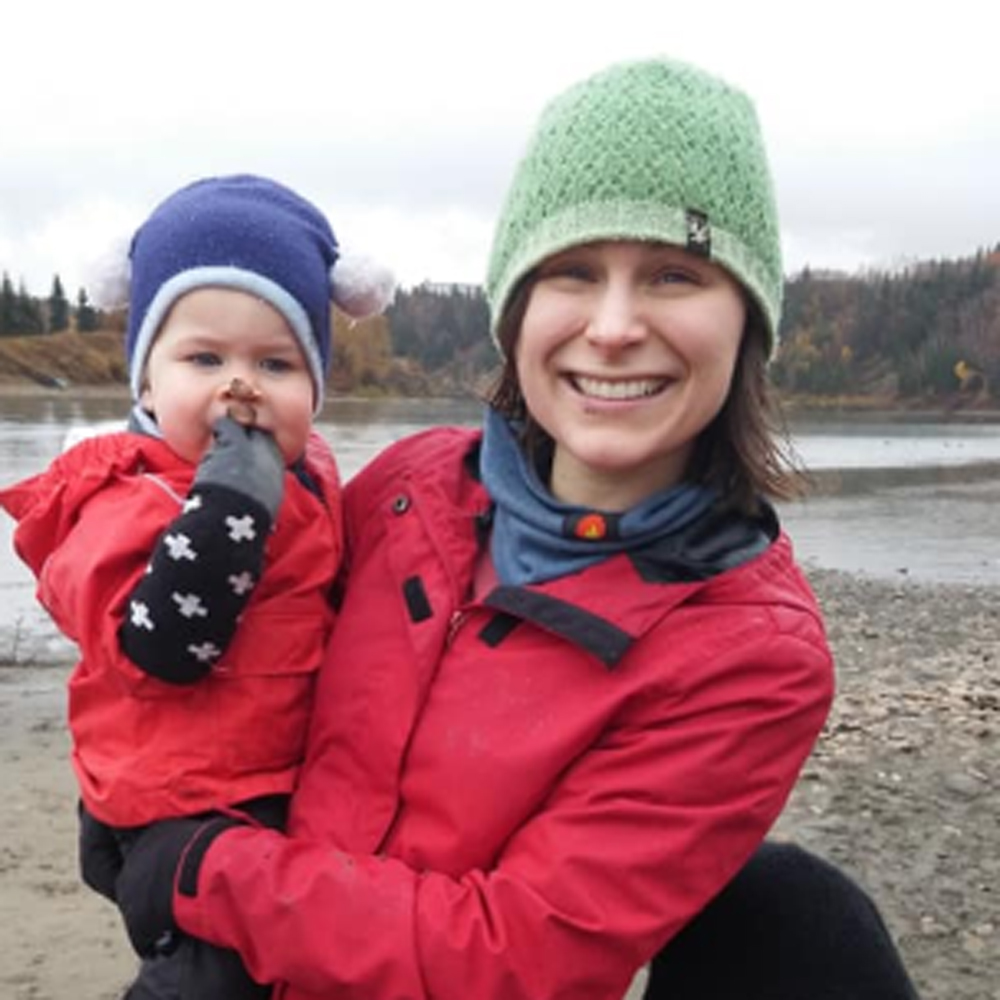
Developmental Pediatrics Residency Program
First in Canada
The University of Alberta Developmental Pediatrics Program was the first of its kind in Canada.
Diverse Interdisciplinary Learning
Community-based and hospital-based clinical learning opportunities from experienced interdisciplinary clinicians.
Glenrose Rehabilitation Hospital
The largest free-standing, comprehensive tertiary rehabilitation hospital in Canada
Interview/CaRMS Specific Information
Our program will be participating in the 2025 CaRMS match. Our interview date will beFebruary 11, 2025. All 2025 match cycle interviews will be conducted virtually via Zoom.
From 12pm-1pm MST we will have hold a virtual “Meet and Greet” where applicants will
have the opportunity to meet the members of our teaching faculty and ask questions.
We look forward to meeting you!
Contact Us
Developmental Pediatrics Residency Program
Department of Pediatrics, Division of Developmental Pediatrics,
University of Alberta
Dr. Sabrina Eliason
Program Director, Developmental Pediatrics
Medical Education Program Coordinator
Welcome to Our Program
The Developmental Pediatrics Subspecialty Residency Program at the University of Alberta is a two-year training program that is accredited by the Royal college of Physicians and Surgeons of Canada. An essential goal of our program is to support the training of developmental pediatricians who will be able to adapt to meet the diverse needs of children, youth and families, in a field impacted by evolving research,teaching innovations, clinical advancements, and continuous policy and social change.
Learners in our program will be primarily training at the Glenrose Rehabilitation Hospital, which is the largest free-standing, comprehensive tertiary rehabilitation hospital in Canada. The Glenrose has a legacy as a leader clinical care and research in rehabilitation medicine.
Our Developmental Pediatrics program also has strong relationships with other faculties and training programs at the University of Alberta. These partnerships uniquely enrich teaching, learning and research opportunities available to learners in our program.
Graduates of our program will join an international community of University of Alberta developmental pediatrician alumni who are making a positive difference in advancing healthcare for children, youth and families living with disability across the country and around the world.
A note from the Program Director
I am a developmental pediatrician at the University of Alberta. At the beginning of my career, I started out primarily as a clinician. Over time, I developed questions about how to improve quality of care, equitable access to care and better use of resources in the services we provide. These questions have led to academic projects over time.
I find a lot of joy in the work I do. Developmental pediatricians bring a unique set of skills that are foundational to understanding the health of individuals, families and society. Getting to listen to the diverse stories and perspectives of children, youth and families is the best part of my work. I’m also constantly learning new things from my colleagues and interdisciplinary team members. We constantly push each other to be better, do better and provide better care. I work on a lot of great teams with a lot of really great people at the U of A and at the Glenrose.
Developmental Pediatrics is a medical specialty with purpose and meaning that intersects so many different levels of health and society. If you’ve chosen to pursue a career in Developmental Pediatrics, our program offers a teaching faculty that is experienced, welcoming, supportive and committed to helping you reach your learning and career goals.

Dr. Sabrina Eliason
Program Director
Program Highlights






Residency at a Glance
Our accredited training is a two-year subspecialty program, divided into 26 four-week
block rotations.
A sample of the schedule/rotations for each year are as follows:
8 weeks: Introduction to Rehabilitation and Developmental / Behavior
4 weeks: Preschool-aged Developmental / Behavior
4 weeks: School-aged Developmental / Behavior
8 weeks: Rehabilitation Junior
4 weeks: Research
4 weeks: Genetics
4 weeks: Child Psychiatry
8 weeks: Core Selective
4 weeks: Elective
4 weeks: Vacation
4 weeks: Preschool-aged Developmental / Behavior
4 weeks: School-aged Developmental / Behavior
4 weeks: Rehabilitation Senior
4 weeks: Rehabilitation Senior - Brain Injury
8 weeks: Research
4 weeks: Pediatric Neurology
8 weeks: Core Selective
12 weeks: Elective
4 weeks: Vacation
Teaching Hospitals
Much of the program is centered at the Glenrose Rehabilitation Hospital, a tertiary development and rehabilitation site. All required rotational sites are located within the greater Edmonton area.
Primary Site:
Secondary Sites:
Links to Recent Works
Check out the research and projects that our members have been a part of:
- Sabrina Eliason & Nancy Lanphear on Fetal Alcohol Spectrum Disorder (The Lancet Group Podcast)
- Pediatrician says it's time to change the way fetal alcohol spectrum disorder is diagnosed (Edmonton AM on CBC)
-
Stollery Science Lab Distinguished Researcher Lonnie Zwaigenbaum discusses his child health project. Zwaigenbaum's work is funded by the Stollery Children’s Hospital Foundation and its donors.
Resident Experiences
We asked our residents about their experience in our program, what their highlights have been, and any advice they want to share with future applicants. Here is what a few of them had to say:

What are the highlights of the program for you: I loved working with so many passionate, enthusiastic multidisciplinary teams during my subspecialty training! We have excellent training from both the developmental/behavioural aspects and the physical medicine aspects of Developmental Peds. There is no shortage of experts who are eager to teach, and there are also many opportunities to participate in research or medical education, depending on your learning goals! There is also flexibility with electives--one of my highlights was spending 4 weeks in Melbourne, Australia as an overseas elective!
What is one piece of advice that you want to share with applicants about the interview process: Breathe, be yourself, think about why you are passionate about this subspecialty. Enjoy meeting some of your future colleagues along the way! And remember, while the program is interviewing you, you are also interviewing the program to see if it’s a good match for you and your learning goals.

What are the highlights of the program for you: Excellent clinical educators and varied training across physiatry and developmental/behavioural pediatrics. A wide variety of research opportunities with internationally recognized researchers.
What is one piece of advice that you want to share with applicants about the interview process: Dev peds programs all want you, so be clear on what YOU want from a program.
What are the highlights of the program for you: The heart of the program is at the Glenrose, where there is a strong history of developmental pediatrics, both in rehabilitation and in development. There are great clinicians in all disciplines that are accessible and enthusiastic to share their knowledge and experiences with residents in a truly multidisciplinary setting. There are many educational opportunities, with more journal clubs and rounds that you can possibly attend! The program is flexible and is tailored for the needs and interests of learners as there are so many learning opportunities. There is also a lot of learning opportunity as there are bridges with other specialties and many learning experiences for residents at U of A.
What is one piece of advice that you want to share with applicants about the interview process: Give yourself a chance to discover the different programs instead of stopping at preconceived ideas, then be yourself and aim for the best fit!